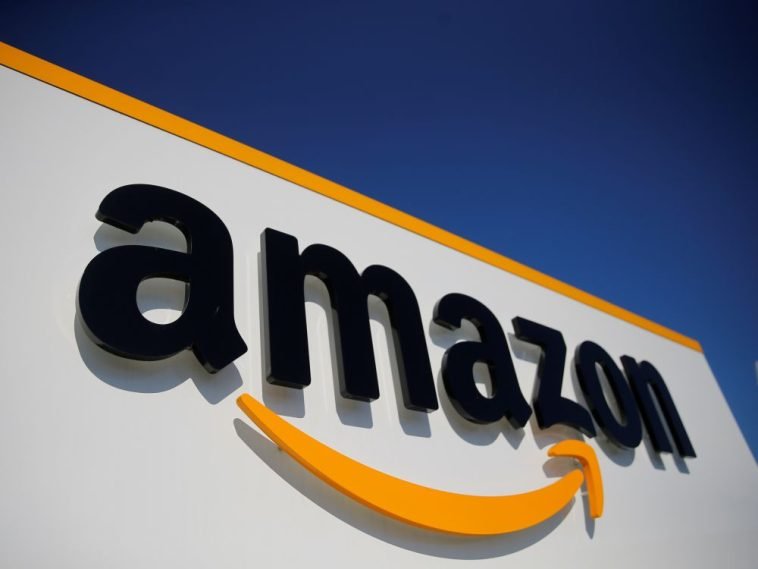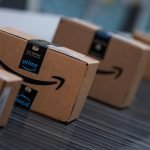Introduction.
Starting an Amazon FBA (Fulfillment by Amazon) business might sound like a big leap, especially if money is tight. But for those motivated by the freedom of running a business, tapping into Amazon’s huge customer base is hard to ignore.
FBA makes things a bit easier because Amazon handles storage, packaging, and shipping, letting you focus on finding products and growing your brand. The real question, though, is: can you start with little or no upfront cash?
The good news is, with creativity, patience, and a smart strategy, you can begin an Amazon FBA business without a large initial investment.
I’ll guide you through how, from sourcing products with little or no cost to using various tools and methods to get started without draining your wallet.
I’ll cover the pros and cons to help you decide if FBA is the right path, tackle some frequently asked questions, and finally, explore a few alternative methods to Amazon FBA if the financial investment seems too challenging.
Ready to dive in? Here’s a comprehensive look at how to start an Amazon FBA business with minimal funds.
What Exactly Is Amazon FBA?
Amazon FBA is a business model where you sell products on Amazon, but Amazon takes care of storing, packing, and shipping for you. You’re free from the stress of handling orders or storing large amounts of inventory.
This service has made it possible for many sellers to reach customers worldwide without needing a massive infrastructure.
Amazon charges fees for FBA, but the convenience is often worth it. With FBA, your products become eligible for Amazon Prime, which appeals to a huge number of shoppers looking for fast, reliable delivery.
Is It Possible to Start an Amazon FBA Business With No Money?
The short answer is yes, though it’ll take some strategy, hustle, and a solid plan. Unlike traditional businesses that might require big startup capital, an FBA business can be bootstrapped with low or even no money upfront through some creative approaches.
Options like retail arbitrage, drop-shipping, or even negotiating partnerships with manufacturers for no-cost initial stock can help you get started.
Let’s look at some practical steps and alternatives to make this happen.
How Do I Start an Amazon FBA Business With No Money?
1. Research & Find Your Niche.
- Research trending products: Start by exploring low-cost, high-demand niches. Tools like Amazon Best Sellers or Google Trends can help pinpoint trending items that people are actively buying.
- Check competitor prices and margins: You want to sell something affordable yet profitable. Look for categories with less competition where you can still stand out.
- Avoid oversized or heavy products: FBA fees vary by size and weight, so choosing smaller, lighter items can help keep your fees down.
2. Use Retail Arbitrage or Online Arbitrage.
- Retail arbitrage involves buying discounted or clearance items in local stores and reselling them on Amazon. Many people start with this method because it requires little upfront cash.
- Online arbitrage is similar, but you buy products on clearance from other online stores and list them on Amazon at a higher price.
- Pros: Both methods allow you to start small, avoid large upfront inventory purchases, and quickly test the waters with Amazon FBA.
- Cons: This requires time and effort to constantly hunt for deals and may face fluctuating demand or inventory challenges.
3. Consider Drop-Shipping.
- Drop-shipping allows you to list products on Amazon without physically stocking them. When a customer buys, the supplier ships directly to the customer.
- Pros: No need for inventory, no upfront cost, and lower risk.
- Cons: Amazon has strict guidelines around drop-shipping, and violations could lead to account suspension if not handled correctly.
4. Partner with Manufacturers for Consignment Stock.
- Some manufacturers or wholesalers might be willing to provide products on consignment if you can convince them of your selling potential.
- Pros: Allows you to access products without an initial investment.
- Cons: This requires strong negotiation skills and finding the right suppliers willing to work with a beginner.
5. Consider Print on Demand for Private Label Products.
- Print on demand (POD) is a fantastic option if you want to create custom products like t-shirts, mugs, or home decor items. POD suppliers only make the product after an order is placed.
- Pros: Zero upfront inventory costs, no waste, and full creative control over your product design.
- Cons: POD items might have longer shipping times, and profit margins can be slimmer.
Pros and Cons of Starting an Amazon FBA Business with Little to No Money
Pros
- Low Initial Investment: You can start small and scale up as you make profits.
- Access to a Huge Customer Base: Amazon’s vast audience gives you an opportunity for high visibility.
- Reduced Overhead: No need to manage storage, packing, or shipping with Amazon FBA.
- Flexibility: There are multiple ways to test the waters (e.g., retail arbitrage, drop-shipping, POD).
Cons
- Amazon Fees: FBA fees can add up, especially for small profit margins.
- Competitive Market: Many sellers are competing for the same customers, so pricing and customer service are crucial.
- Amazon’s Rules: Amazon has strict rules and policies; breaking them, even unintentionally, can lead to account suspension.
- Initial Time Investment: You’ll need to spend time researching products, finding suppliers, and managing your listings.
Frequently Asked Questions
Q: Is Amazon FBA really profitable?
A: Yes, it can be very profitable if done right. Many people make a full-time income from it. However, success requires choosing the right products, understanding fees, and managing inventory wisely.
Q: How do I handle returns with FBA?
A: Amazon manages returns and customer service for FBA orders. It’s convenient, but be aware that return-related fees apply.
Q: Can I sell used items with FBA?
A: Yes, Amazon allows used items in certain categories, like books and electronics. Selling used items can be a good way to start with minimal costs.
Q: How much time do I need to put into an Amazon FBA business?
A: It varies. Initially, expect to spend several hours a week researching products and learning the platform. Over time, you can automate parts of the business and reduce your time commitment.
Q: Are there any hidden costs?
A: Besides FBA fees, you’ll also have monthly subscription fees if you choose a Professional Seller account, along with any marketing or promotional costs.
Wrapping Up.
Starting an Amazon FBA business with little to no money is possible, but it requires creativity, time, and a willingness to experiment.
If you’re willing to put in the initial work and start small, you can gradually build a profitable FBA business without a hefty initial investment.
So, the next question is: Are you ready to take the first steps toward your Amazon FBA journey, even if it means starting small?





GIPHY App Key not set. Please check settings